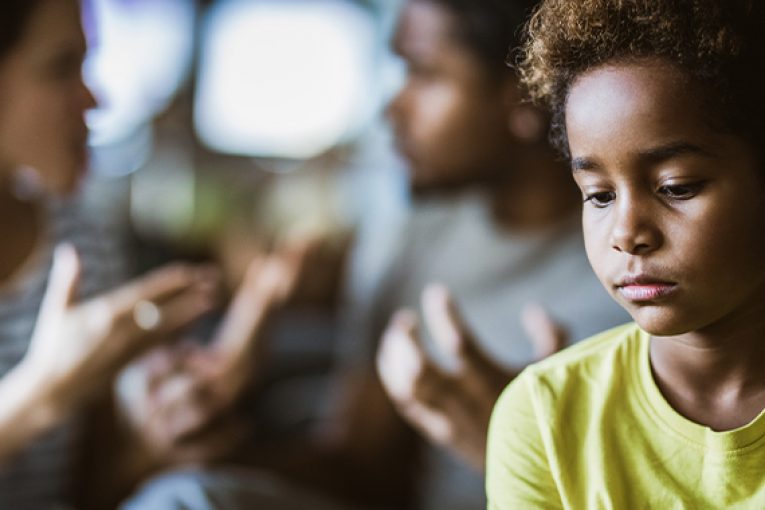

By Jess Taylor
COVID-19 has surged across the world causing second-hand harm: domestic violence. Since the coronavirus has surfaced, domestic abuse organizations across the world have received a concerning number of calls from victims due to stay-at-home orders.
Concerningly, the U.S. saw a decrease in calls while stay-at-home orders were in place.
Beth Hasset is the CEO of the organization WEAVE in Sacramento that promotes safe and healthy relationships, as well as supporting victims of sexual assault, domestic violence and sex trafficking.
In March, when California initiated a stay-at-home order, WEAVE noticed a decrease in calls and requests for housing. People were not secure leaving their houses and sheltered in place with their abusers. “We are sure people weren’t comfortable talking on the phone with their abusers in the room next to them,” sighed the CEO.
Hasset informed that many relationships that were not exactly healthy, but not violent, turned verbally, emotionally and financially abusive during this pandemic. Furthermore, she said, “We have been hearing a lot about abusive behavior that has escalated from being not dangerous to violent.”
Due to the lack of phone calls, they decided to launch a chat on their website two weeks after the shelter in place order. That alone has been meeting the needs of those who cannot pick up a phone, and many cases have been built using these chat rooms.
My Sister’s House, another Sacramento based domestic violence organization, noticed the rise in domestic abuse and added tensions of racism. Executive director Nilda Guanzon Valmores discussed these matters.
She shared the organization’s role in providing shelter and job training to domestic violence victims. With the restrictions imposed by COVID-19, their work has become more strenuous as businesses have been shut down. Though many organizations have closed, Valmores explained that My Sister’s House remains open because they are an essential service and should be serving those who need it.
“It is a big deal when a victim comes into our office,” she said. “Who are we to turn a victim away when she’s coming in need?” Valmores emphasized that they want everyone to be safe, but if someone is willing to face the fear of possibly contracting COVID-19 to reach safety, they should be helped.
Both organizations confirmed the pandemic exacerbated the buildup of stress and fear in homes. Additionally, racial tensions that have stirred during COVID-19 have worsened the mental health among minority groups, leading to more domestic abuse among these communities.
Valmores reported that their Asian immigrant and non-immigrant clients have made comments on how they are afraid to get help because of the racist connection with the virus.
Comparably, Hasset said the distrust between law enforcement and the Black community is exceptionally high right now with the historical violence against them worsening this anxiety.
Although a vaccine is underway, it will be some time before the restrictions imposed by the virus are lifted. The best way that victims of domestic violence can get help is by educating themselves on the steps of leaving or protecting themselves.
WEAVE informs its clients on their legal options and emphasizes financial independence. One crucial factor as to why victims do not leave their abusers is because they are not financially independent, so they cannot leave.
My Sister’s House opened My Sister’s Café in downtown Sacramento to employ their clients that struggled to find work, helping women leave their violent relationships.
“Women can’t prevent the violence, but they can prevent the escalation of it by making choices that keep them safe,” Hasset says. Safety planning is particularly important in protection or leaving. Typically, when women have not done it and threaten or decide to leave in the spur of the moment, violence is more likely to occur.
If you or anyone you know are experiencing domestic violence, these numbers are available to provide assistance.
The National Domestic Violence Hotline: (800) 799-7233
My Sister’s House: (916) 428-3271
WEAVE: (916) 448-2321

Jess Taylor is in her senior year at UC Davis from a small town called Wheatland. She is finishing her studies in English and Human Rights.
Support our work – to become a sustaining at $5 – $10- $25 per month hit the link:
